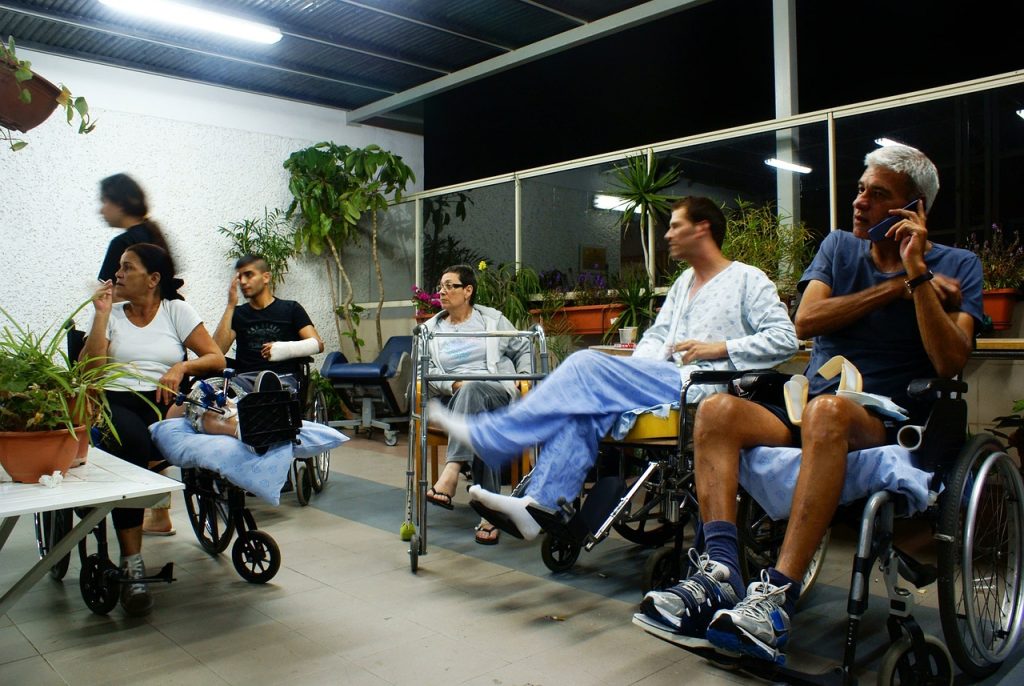Many people don't realize that recovering from an injury can lead to feelings of depression or anxiety due to the disruption it causes in daily life and routine. Depression is a real risk for injured workers that must not be overlooked, yet many people fail to recognize its warning signs until the problem is more pronounced and difficult to manage.
Awareness of potential signals and taking preventative action early on can make all the difference in a successful healing process. Read on for more information about why you should look for signs of depression after sustaining a work-related injury – your well-being could depend upon it.
Depression Can Lead to More Problems
Depression can cause you to become less active, have difficulty concentrating and absorbing new information, and feel overwhelmed. These symptoms can interfere with recovery from the physical injury by making it harder to follow doctor's orders or engage in recommended physical therapy. It is essential to recognize when depression affects a person so that you can provide appropriate support and can facilitate recovery.
Some of the most common signs of depression after a workplace injury include feeling hopeless, having difficulty sleeping, and withdrawing from activities you once enjoyed. If any of these behaviors are present, it is vital to seek help as soon as possible.
To Boost Your Compensation Claim
Some people may be hesitant to talk about depression following a work injury, as a stigma is often attached to mental health issues. However, not recognizing and treating depression can affect your worker's compensation claims process.
If you are deemed unable to return to work because of depression rather than physical limitations, your compensation claim could be denied or reduced. Being aware of possible signs of depression and taking action to address any mental health issues is vital for ensuring that you receive the compensation you are entitled to.
However, identifying and proving depression can be challenging, so it is crucial to seek the help of a mental health professional if any signs of depression present. An experienced workers comp depression lawyer can also help you navigate the claims process. They will be able to provide advice and assistance in proving the impact of depression on your ability to return to work.
Depression Can Affect Your Ability to Return to Work
Depression and PTSD (post-traumatic stress disorder) are two mental health conditions that can interfere with an injured worker's ability to return to work. PTSD, in particular, can cause flashbacks and intrusive thoughts that make it difficult to concentrate or focus on tasks they were once able to do pre-injury. It is essential to recognize when mental health issues are affecting a person's ability to work and provide the necessary support so that they can return to full productivity.
Professional Assistance Is Available
If you or someone you know has been injured at work and is experiencing any signs of depression, it is essential to seek help. Many resources are available to help those struggling with mental health issues related to workplace injury. Counseling and therapy can be extremely helpful in managing depression, as can support groups and other social activities. There are also a variety of medications and treatments that can help with managing depression.
Workplace injuries can significantly affect an injured worker's mental health and well-being. It is important to look out for signs of depression after a work injury so that you can address it as soon as possible. Recognizing the signs of depression and taking steps to address them can help improve the recovery process and ensure that injured workers receive all of the compensation they are entitled to.





















